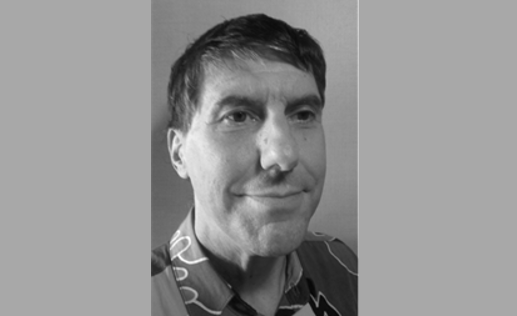
AVİM's Note: In August 2021, AVİM received a letter from Japan that was sent by Iver Torikian, an Armenian whose family once resided in Istanbul. Torikian stated that he wrote the letter because he wanted to inquire the widespread misinformation in Armenian-Turkish relations.
Originating from a scholar of Armenian background, reflecting sincere views in a free environment with an academic objectivity, AVİM has decided to publish the letter in parts over the course of several days. You can read the fifth and the last part of the letter below.
Iver Torikian (August 2021)
Part Five
I think that, over the centuries, most rebellions by Armenians occurred not in Karabakh but in Zeitun, in the southern part of central Turkey, about 125 kilometers from the Mediterranean Sea. It is now called Suleymanlı. Nalbandian says in "The Armenian Revolutionary Movement" that in 1618, Sultan Murad IV granted the inhabitants of Zeitun "nearly complete independence" so long as the Zeitunlis paid their taxes. Despite this agreement, according to Nalbandian, the inhabitants of Zeitun "fought perhaps as many as 57 battles against the Ottoman regime." Nalbandian refers to Zeitun as "this little Montenegro" -- an allusion, apparently, to the fact that the Ottomans were never able to completely subdue the Balkan nation of Montenegro.
These dozens of battles of the inhabitants of Zeitun against the Ottoman government, along with other uprisings over the centuries within the Ottoman Empire, all deserve further scrutiny. Some Armenians, like Peter Balakian, have argued that there were no uprisings by Armenians in the Ottoman Empire. Balakian and other Armenian writers insist that all acts of mass violence that we Armenians undertook long ago were entirely defensive measures for our survival. In The Burning Tigris, Balakian uses as an example the kaza, or district, of Sasun. He arrives at conclusions which I find dubious.
Sasun is in eastern Turkey, about 100 kilometers west of Lake Van. In 1894, there was violent conflict between the Armenians of Sasun and Ottoman soldiers. Kurds were also involved; they fought on the side of the Ottoman soldiers. Armenians have claimed that the violence was sparked by the unjustness of the double taxation imposed on Armenians. It seems that we Armenians were being forced to pay taxes both to the Ottoman government and also to local Kurdish chieftains. Balakian says in The Burning Tigris that this double taxation "was ruining the Armenian agrarian economy." He does not substantiate this. In The Armenian Revolutionary Movement, Nalbandian says that, at least in the case of one Armenian village, what the Kurdish chieftains demanded was commensurate with what the Armenian villagers were able to pay during that era. It is clear to me that these payments demanded by the Kurds were unjust. However, I have found no evidence that the payments demanded from the Armenian villagers were outlandishly high.
The distinction between unfair taxation and unbearable taxation is important for deciding on the justification for violent action. While Balakian and others have argued that there were never any Armenian insurrections, other Armenian writers have contradicted them, saying that we did, in fact, rebel against the Ottoman government, but only because the oppression we had to endure compelled us to rebel. In other words, we had no choice but to rebel. Possibly, it is an argument that will never be resolved to everyone's satisfaction. In any case, there is no justification for the violent acts that Armenians undertook in Istanbul and other cities.
I have already mentioned the Joris Affair of 1905, in which the Dashnaks attempted to kill the sultan. I am sure that students in Turkey also know about another attack that Armenians carried out about a decade before that: the takeover of the Ottoman Bank on 26 August 1896. 25 Armenians entered the bank shooting and occupied the bank for one full day and night. From inside the bank, they threw bombs at the people outside, killing and injuring many. Then, they left. Those Armenians who were not injured or killed were escorted out of the bank and onto a yacht, and then onto a ship that took them to France. None of the Armenians who participated in the takeover of the bank ever went to prison or were punished in any way by the authorities of any country for what they did that day.
As far as I know, none of the Armenians who occupied the bank in 1896 ever expressed any shame about their actions at the bank. On the contrary, they seemed to be proud of what they did. On the ship that took them to France, the secretary to the bank manager, a man named F.A. Baker, accompanied these Armenians. He reported hearing the Armenians say that they wished they had killed more people that day.
To many contemporary Armenians, that bank takeover remains an act of heroism. Not to me. Today, it would surely -- and rightly -- be condemned as an act of terrorism. Furthermore, Armenians carried out other disturbances in other parts of Istanbul that day in 1896, such as bombing the police stations in Samatya and Galatasaray. To me, all these acts were wrongheaded and immoral.
The Joris Affair and the occupation of the Ottoman Bank have been written about in great detail, and the people of Turkey are right to feel aggrieved over them. However, I suspect that the worst atrocities committed by Armenians during that era took place not in Istanbul in 1896, but later, in the countryside of eastern Turkey. Most villagers -- non-Armenians as well as Armenians, including my grandmother -- never learned to read or write. Whether it was Armenians harming non-Armenians or vice-versa, most of their tales of suffering were never recorded.
However, there were reports from several Westerners regarding the violent acts of Armenians in eastern Turkey. One was a British colonel named Alfred Rawlinson. He wrote a book about the time he spent in eastern Turkey titled Adventures in the Near East. In his book, Rawlinson describes a meeting he had with three Armenian military commanders in Anatolia in 1919. He had heard about massacres carried out by Armenians against Muslims, and he confronted the Armenian commanders with these charges. The commanders, according to Rawlinson, were unconcerned about the charges. They justified the killings by saying that "massacres and atrocities of all kinds" are inevitable in Anatolia. Some Turkish scholars have argued that many Turkish soldiers, including some of high rank, were punished for having killed Armenians, but that no Armenians were ever punished by for having wantonly killed unarmed people in Turkey, including women and children. It is a point well taken. So far, I have not yet come upon a single record of any lawless Armenian fighter being reprimanded in any way by leaders of Dashnaks or the Hunchaks, or by the commanders of Russian battalions with whom Armenians fought. Armenian fighters seemed to have had carte blanche.
As I have already implied, I know little about the suffering and hardships that the non-Armenian people of Anatolia endured in the early 20th century. I am still trying to piece together what happened. One of the books on my shelf is a reference book titled Dictionary of the First World War. The first edition was published in England in 1995. According to this dictionary, Armenians killed 120,000 non-Armenians in 1914. As I've pointed out, as it has become increasingly difficult nowadays to conceal or ignore the violence that Armenians carried out during that era, many Armenians like Balakian have begun to insist that all our acts of violence were in self-defense. However, this self-defense argument does not explain all the accounts of Armenians' killings of noncombatants.
Many Armenians in different parts of the world who lost relatives in Anatolia during that period insist that we Armenians need an apology and reparations from the Turkish government so that our dead relatives' souls can lie in peace. Yet, Armenians never seem to think of all the non-Armenians who were killed in Anatolia and elsewhere during that era. Many were killed by us. I believe that all the people who died in Anatolia during that era deserve to be acknowledged, not just Armenians.
In 1923, a man named Hovannes Katchaznouni published a booklet titled Dashnagtzoutiun Has Nothing to do Anymore. The Dashnatsityun were the Dashnaks. Katchaznouni had been a Dashnak. He had also been the Prime Minister of Armenia during its brief period of independence from 1918 to 1920, before it was subsumed into the USSR. He left Armenia before it became sovietized. In his booklet, Katchaznouni says that we Armenians had been foolish in trusting European powers and thinking that we could establish a large Armenian state in Anatolia. He even suggests that removing Armenians out of Anatolia was the logical thing for the Ottoman government to do in response to the audacious plans of the Hunchaks and the Dashnaks. However, even he does not express any regret for the blood we Armenians spilled during that era. He just says that we had been foolish.
I am ashamed. I am ashamed that no Armenian has had the integrity and courage to step forward and say, "Yes, we helped the Russian army invade Turkey, and yes, we Armenians killed thousands of Ottoman soldiers, and women and children, too. We committed crimes against humanity." It burns my fingers to type these words. However, I feel that it is a disgrace that most Armenians around the world refuse to acknowledge the outrages that we committed against tens of thousands of people in Turkey over a century ago.
It is hard for most of us in the 21st century to imagine what life was like within the Ottoman Empire. It is especially hard, I think, to get a picture of what life was like for those who lived in the countryside, whether they were Turkish, Kurdish, Armenian, or members of any of the numerous other ethnic groups. Surely, for most villagers’ life was not easy. Even before the large-scale violence of the late 19th and early 20th centuries, most people in Anatolia were the victims of poverty, disease, and injustice. Women's lives were especially harsh, I think. The violent acts of Armenians, mostly men, along with Armenians' cooperation with the Russian and French armies before, during, and even after the First World War compounded the misery of Anatolians. We need to learn to acknowledge our misdeeds.
We, Armenians also need to learn to forgive others. It does not seem to be an easy thing for us to do. We are much better at maintaining grudges. Only once, in fact -- once! -- have I so far come upon a statement by an Armenian saying that we should forgive the people of Turkey. It was in a comment to an article I found at “armenians-1915.blogspot.com”. That is what I read once; I have no idea if it is true. In any case, the site has thousands of articles in its archives, including, not surprisingly, some on the "I Apologize" campaign. Article #2677 has the comment about forgiving Turks. It appears at the end of the article, and the contributor, presumably Armenian, says that we need to demonstrate to the world that "we are a forgiving nation and people." The name and location of the person who wrote that comment were not given. It makes me sad to think that no Armenian can declare, without fear of repercussions, that we should forgive the people of Turkey.
Comparing the harm that was done to Armenians with the harm that Armenians did to others is a dreary task. We Armenians want the harm and losses that we endured seem so monumental as to render moot any discussion about the harm and losses that we perpetrated against others. I do not agree with this way of thinking. Undoubtedly, many Armenians fear that any admission about our killings of others would weaken international support for the Armenian Cause. It is a valid fear, I think. It is not easy to simultaneously hold a halo over our heads with one hand and a gun in the other. We need to acknowledge that gun.
A century ago, mothers cried for their lost children. The tears of Turkish mothers were no less salty than the tears of Armenian mothers, or Kurdish mothers. The wind also was the same everywhere. The breezes that blew through villages that had been emptied of their Armenian or Kurdish inhabitants were no different from the breezes that blew through villages that had lost their Turkish inhabitants. And the blood from our wounds that soaked the ground left the same dark stains without any regard to the ethnicity of the victims. We all lost.
As the Coronavirus has demonstrated, humanity has many challenges to face. As I wrote this essay, I often thought of what we as Armenians -- many of us highly educated and disciplined -- could accomplish if, instead of obsessing about the injustices we feel we have endured, we united and devoted our energy to solving the world's problems. How far could we get? Maybe we could stop a war, or sharply curtail infant mortality, or find cures for diseases. Maybe. I know that it is nothing more than a daydream. I know that we will continue to infantilize ourselves with a heroic past that never existed, and to implore the world to help us get what we neither need nor deserve.
One day about three decades ago, I went grocery shopping with my grandmother. We were somewhere in downtown Istanbul. We walked by a boy on the side of the street. His legs were mangled since birth. He could not walk. He was by the side of the street begging. We walked past him, and then my grandmother stopped. "Çocuk," she said. That means "child." My grandfather did not give my grandmother much money for groceries. But that day, my grandmother took out her purse, dug out a few coins, and gave them to the boy. I am not a Christian, but she was. Armenians generally take pride in the fact that we were the first Christian nation on Earth. It is a stab in my heart to realize that we will never live up to our potential. (5/5)
© 2009-2025 Avrasya İncelemeleri Merkezi (AVİM) Tüm Hakları Saklıdır
Henüz Yorum Yapılmamış.
-
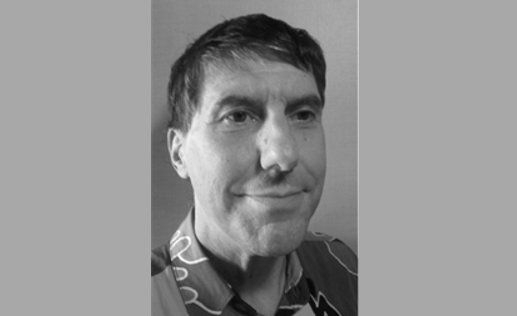 STRATEJİK SUSKUNLUK: ERMENİLERİN SESSİZLİĞİ (DÖRDÜNCÜ BÖLÜM) - 08.2021
STRATEJİK SUSKUNLUK: ERMENİLERİN SESSİZLİĞİ (DÖRDÜNCÜ BÖLÜM) - 08.2021
Iver TORIKIAN 30.11.2021 -
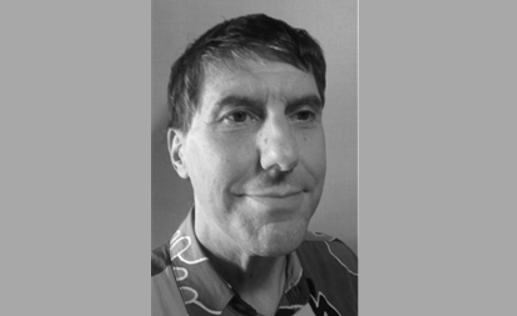 STRATEJİK SUSKUNLUK: ERMENİLERİN SESSİZLİĞİ (BEŞİNCİ BÖLÜM) - 08.2021
STRATEJİK SUSKUNLUK: ERMENİLERİN SESSİZLİĞİ (BEŞİNCİ BÖLÜM) - 08.2021
Iver TORIKIAN 03.12.2021 -
 STRATEGICALLY MUM: THE SILENCE OF ARMENIANS (PART FIVE) - 08.2021
STRATEGICALLY MUM: THE SILENCE OF ARMENIANS (PART FIVE) - 08.2021
Iver TORIKIAN 03.12.2021 -
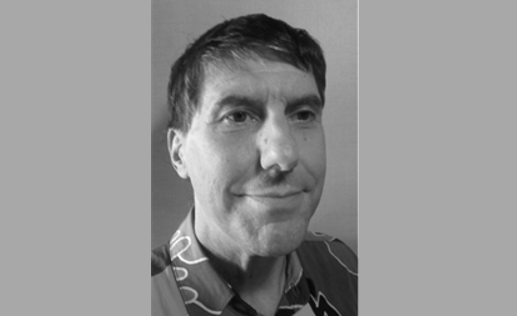 STRATEJİK SUSKUNLUK: ERMENİLERİN SESSİZLİĞİ (BİRİNCİ BÖLÜM) - 08.2021
STRATEJİK SUSKUNLUK: ERMENİLERİN SESSİZLİĞİ (BİRİNCİ BÖLÜM) - 08.2021
Iver TORIKIAN 15.11.2021 -
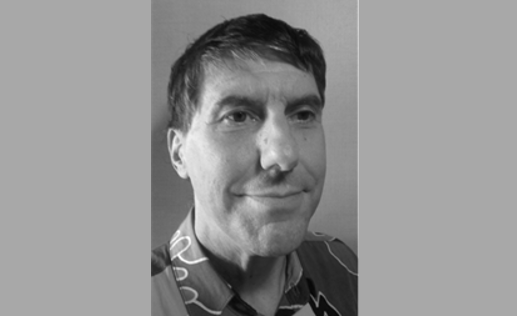 STRATEGICALLY MUM: THE SILENCE OF ARMENIANS (PART FOUR) - 08.2021
STRATEGICALLY MUM: THE SILENCE OF ARMENIANS (PART FOUR) - 08.2021
Iver TORIKIAN 30.11.2021
-
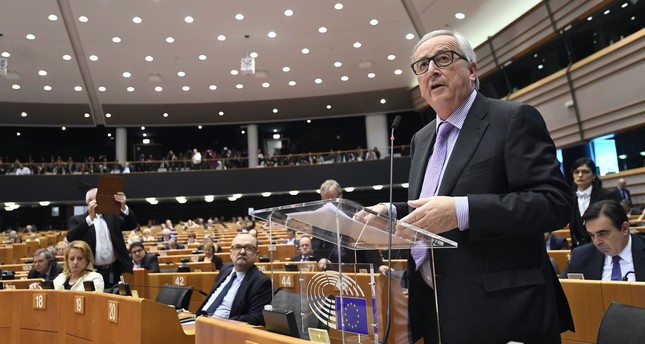 HALF-HEARTED EU ENLARGEMENT IN THE BALKANS - DAILY SABAH - 14.05.2018
HALF-HEARTED EU ENLARGEMENT IN THE BALKANS - DAILY SABAH - 14.05.2018
Teoman Ertuğrul TULUN 16.05.2018 -
THE IMPORTANCE OF THE ECONOMIC COOPERATION ORGANIZATION (ECO)
Numan HAZAR 15.01.2013 -
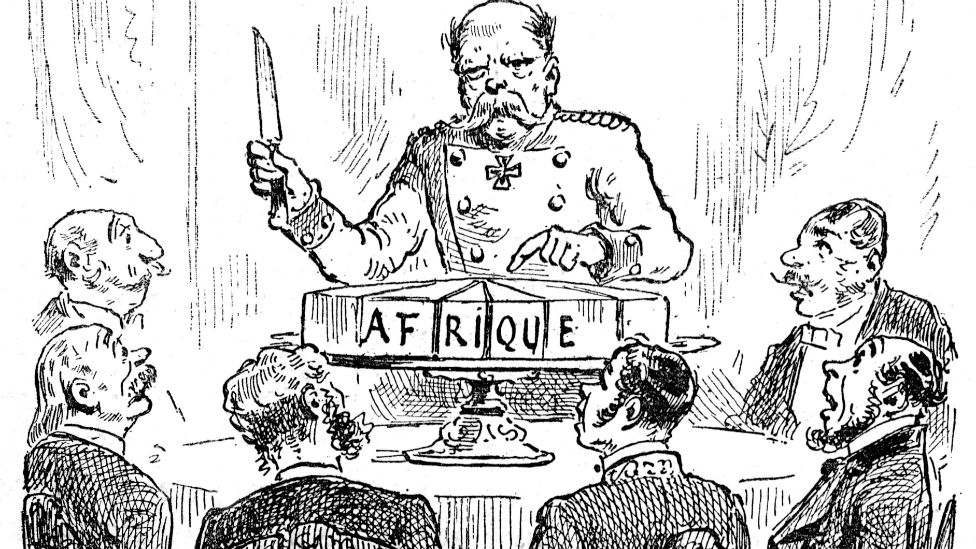 AFRİKA’DA EMPERYALİZM VE SOYKIRIM - 13.09.2022
AFRİKA’DA EMPERYALİZM VE SOYKIRIM - 13.09.2022
Numan HAZAR 14.09.2022 -
YA İŞGAL ALTINDAKİ AZERBAYCAN TOPRAKLARI?
Prof. Dr. Alaeddin YALÇINKAYA 05.08.2014 -
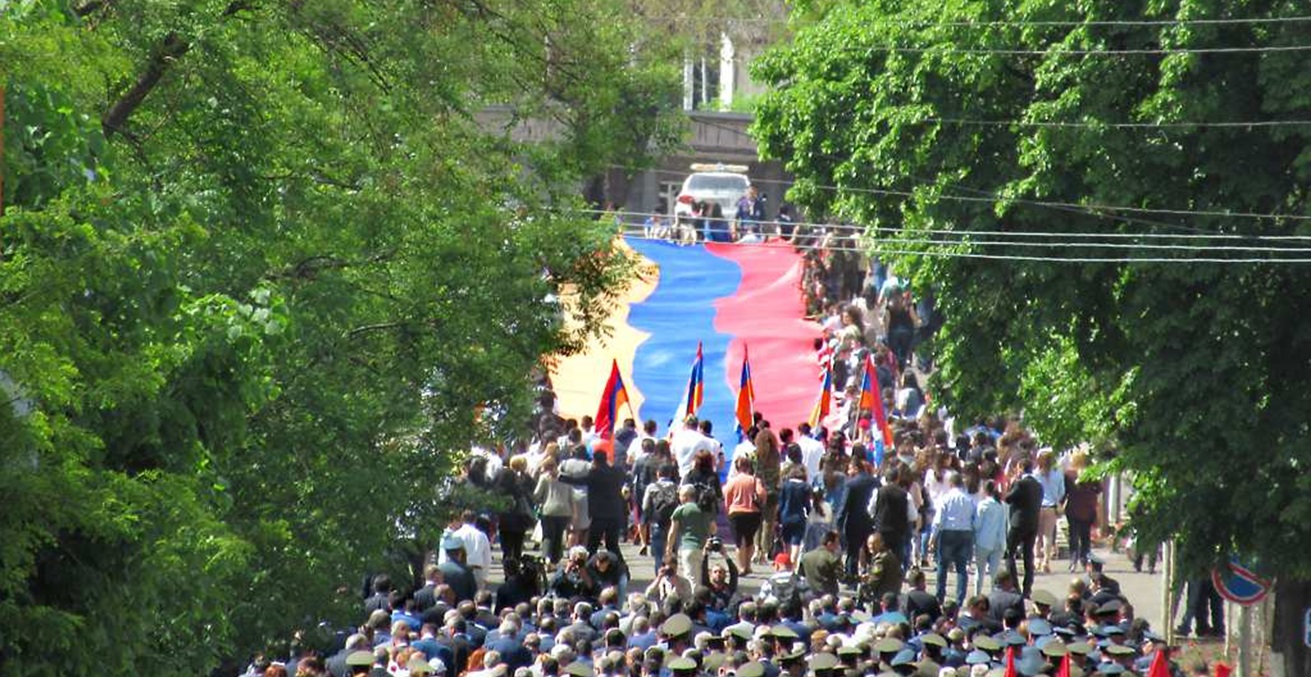 WHY EUROPE SHOULD SUPPORT PEACE IN THE SOUTH CAUCASUS - AIIA - 07.06.2024
WHY EUROPE SHOULD SUPPORT PEACE IN THE SOUTH CAUCASUS - AIIA - 07.06.2024
Taras KUZIO 10.06.2024


